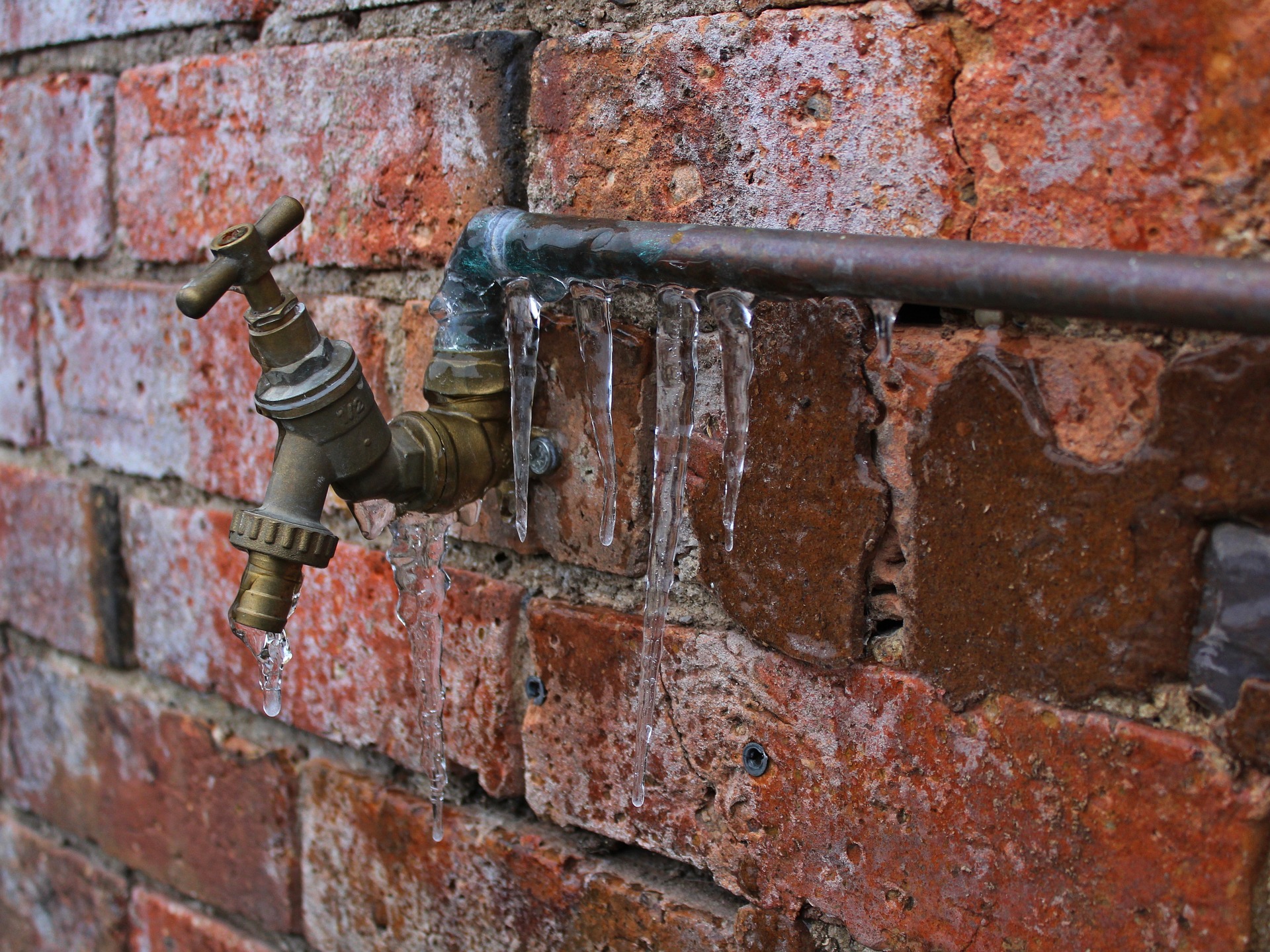As an RV owner, you know that moisture can be a major problem on your trips. Humidity can lead to a variety of issues, including mold and mildew growth, musty odors, and damage to your RV’s structure and equipment. In this blog post, we’ll go over some tips for removing humidity from your RV to keep your trips comfortable and worry-free.
Why is humidity a problem in RVs?
RVs, especially when they are stationary, are prone to high levels of humidity due to the small, enclosed space and limited ventilation. When the air inside your RV is humid, it can lead to condensation on windows, walls, and other surfaces, which can create the perfect environment for mold and mildew to grow. Not only is this unsightly and unpleasant, but mold and mildew can also be harmful to your health. In addition, humidity can lead to musty odors and damage to your RV’s structure and equipment, such as rusting metal or warping wood.
How can you remove humidity from your RV?
There are a few different ways to remove humidity from your RV and keep it at a comfortable level. Here are some tips to get you started:
- Use a dehumidifier: Dehumidifiers are designed to remove excess moisture from the air and are a great way to keep humidity in check in your RV. There are a few different types of dehumidifiers to choose from, including portable units that can be moved around your RV and whole-house dehumidifiers that are installed in your RV’s ductwork. Look for a dehumidifier with a high moisture removal capacity and make sure it’s the right size for your RV.
- Ventilate your RV: Proper ventilation is key to controlling humidity in your RV. Make sure to open windows and vents when you’re parked, and use your RV’s ceiling fans and other ventilation systems to circulate the air. If you’re stationary for an extended period of time, consider installing a vent fan in your RV’s bathroom and kitchen to remove excess moisture.
- Use a moisture-absorbing product: There are a variety of products on the market that can help absorb excess moisture from the air in your RV. Some options include moisture-absorbing packets or pouches, silica gel crystals, and moisture-absorbing mats or rugs. Place these products in areas of your RV where moisture is likely to accumulate, such as near windows or in cabinets.
- Fix any leaks: If you have leaks in your RV, it’s important to fix them as soon as possible to prevent excess moisture from building up. Check for leaks around windows, doors, and plumbing fixtures, and make any necessary repairs.
- Keep your RV clean and dry: Regular cleaning and maintenance can help prevent moisture buildup in your RV. Wipe down surfaces regularly, especially in areas prone to condensation, such as windows and walls. Use a high-quality RV cover to protect your RV from the elements when it’s not in use, and make sure to dry off your RV after it’s been washed or rained on.
- Use a roof vent cover: If your RV has a roof vent, consider installing a roof vent cover to help prevent moisture from entering your RV through the vent. Roof vent covers are designed to protect your RV from rain and other weather, and they can also help prevent condensation from forming on the inside of your RV’s roof.
- Keep the inside of your RV cool: Humidity is more likely to build up in warm, stagnant air. To help prevent humidity from accumulating in your RV, try to keep the inside of your
- RV cool and well-ventilated. Use your RV’s air conditioning and ventilation systems to keep the air circulating, and consider using fans to help dissipate moisture. You can also try opening windows and doors to let in fresh air, especially on cooler days.
- Monitor humidity levels: To keep track of the humidity levels in your RV, consider purchasing a humidity monitor. These devices can help you track the moisture levels in your RV, so you can take appropriate action to remove excess humidity.
By following these tips, you can help prevent humidity from ruining your RV trips. Remember to use a combination of these strategies to get the best results and keep your RV comfortable and dry. With a little bit of effort, you can enjoy worry-free RV trips all year round.



